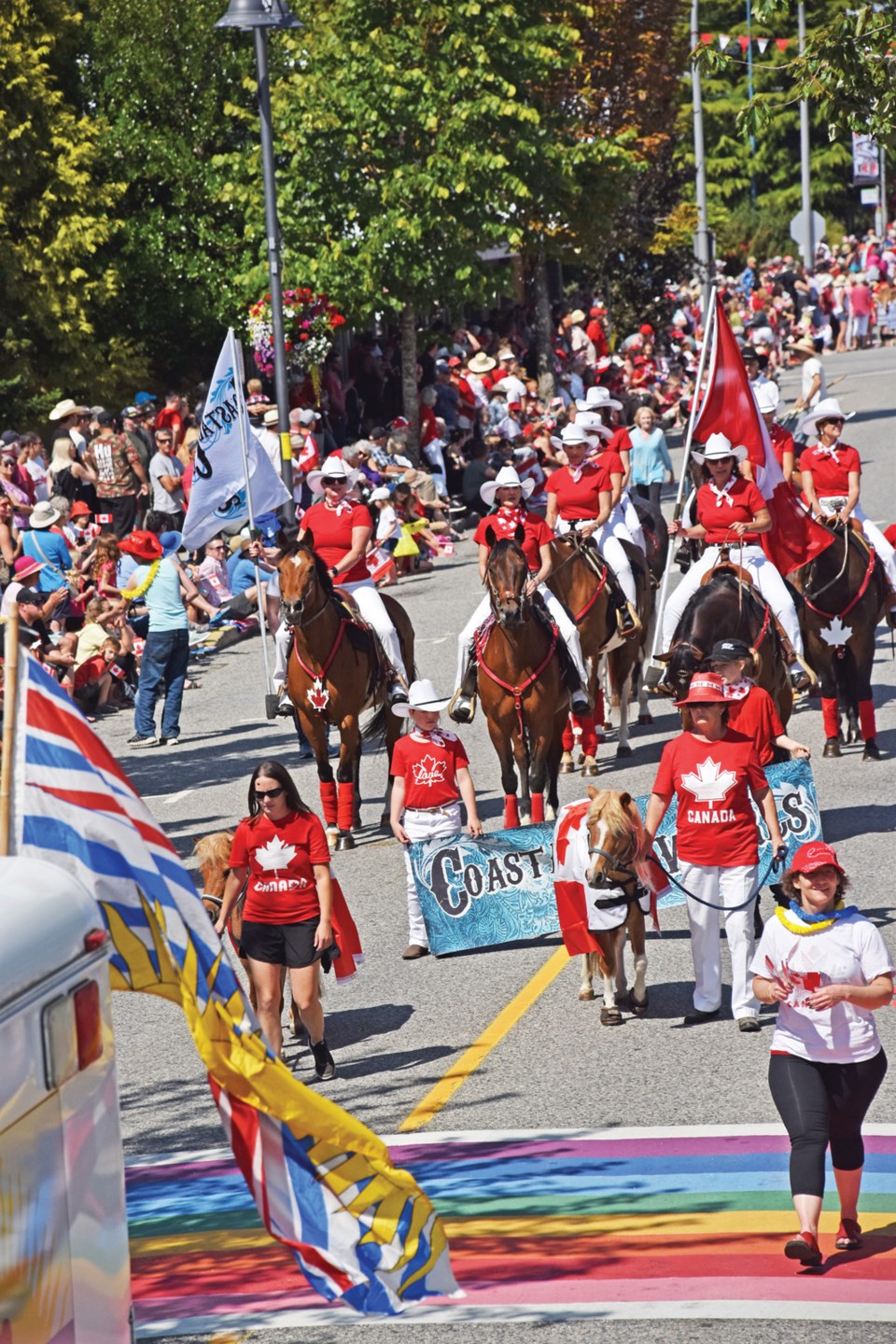Normally this weekend would be an exciting time on the Sunshine Coast, with the high-adrenalin April Tools Wooden Boat Challenge livening up Madeira Park and the mellower-toned Earth Day Festival rolling out in Roberts Creek.
Both events, of course, have been cancelled, along with the rest of the spring lineup of festivals and gatherings large and small that make this time of the year such a memorable one for locals and visitors alike.
Now the other shoe has dropped and the big summer events are falling by the wayside.
The Coasters Car Club announced earlier this month that it was cancelling what would have been the 25th annual Sleepy Hollow Rod Run and Show & Shine. The event draws hundreds of collector cars to the Sunshine Coast every August, some from as far away as California and Hawaii, and summer won’t be the same without all that vintage chrome. But organizers said they felt it wouldn’t be fair this year to ask local businesses, who have been so brutally hit, for donations to cover the prizes and trophies.
After taking a one-year hiatus, the Gibsons Sea Cavalcade was due for a major comeback in late July, and planning was going full-tilt with a whole raft of new “Gibsons Good Times” events in the works, until the pandemic hit. This week the organizing committee finally threw in the towel, calling it “the rational response” to the ongoing COVID-19 restrictions.
The Sea Cav decision was announced one day after provincial health officer Dr. Bonnie Henry’s April 18 briefing, when she ruled out big events for this summer.
Following Dr. Henry’s pronouncement, the District of Sechelt pulled the plug on the Canada Day Parade – its largest one-day event, which brings thousands downtown.
Then on Wednesday, the axe fell on the Festival of the Written Arts – the preeminent arts event on the Coast, held at Sechelt’s Rockwood Pavilion in mid-August.
Apart from the social and cultural impact of all these cancellations, the economic losses that will result are almost inestimable. The Festival of the Written Arts alone generates about $500,000 in economic activity through direct purchases and spending from visitors who attend.
All told, we’re talking millions in lost revenue to local businesses, piled on top of closures, layoffs, drastically reduced sales, negative margins and crippling inventory write-offs.
Some businesses will not survive this year, and each one that goes down will make this community that much weaker, poorer, less self-sufficient and less interesting.
The temporary loss of our festivals is a big disappointment, but the permanent loss of established local businesses – that provide so much hidden value – is a disaster.
Let’s do everything we can to help them make it through this terrible year.



